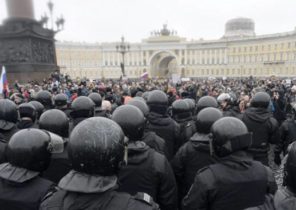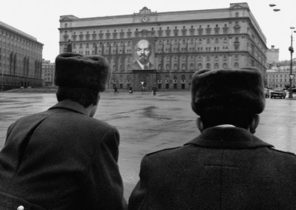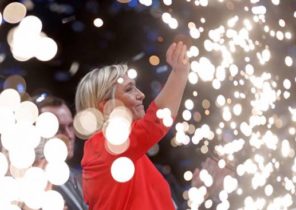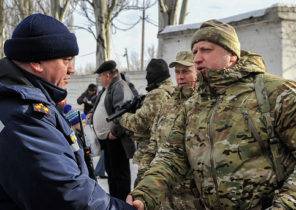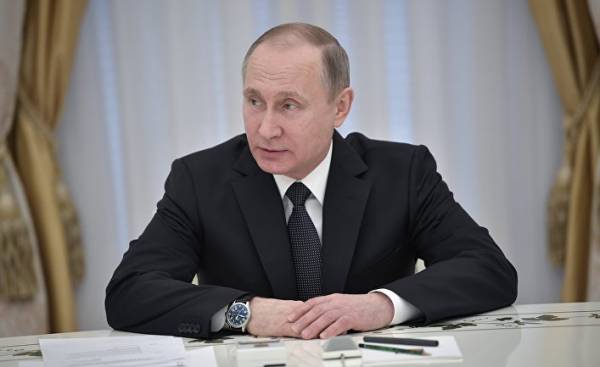
At the last meeting of foreign Ministers of the “big seven” held on 10 — 11 April 2017 in the Italian city of Lucca, the Italian foreign Minister reminded his colleagues about the diplomatic theorem, proven by history: c Russia does not speak with ultimatums. Angelino Alfano, told reporters: “We’re gonna do wrong by isolating Russia. We have no alternative to dialogue with Russia in relation to the conflict in Syria, because without her we have no chance to settle”.
The Anglo-Saxons arrived in Tuscany to threaten Russia with new sanctions. In their presentation to talk with Moscow —so to nominate her an ultimatum: either you are with us, and everything will be fine — or do you side with Assad and we will introduce new sanctions. But, ultimately this approach was rejected by its European and Japanese allies.
April 12, at the meeting in the Kremlin the Secretary of state was able to hear the main claim of Russia to the United States. In Russia’s view, America has no right to interfere in the internal politics of other countries and to organize them in “regime change” with money or military. Airstrike USA 7 April-a Syrian military base had little military value. But the symbolic impact has caused irritation of Putin. Putin refuses to see America as the world’s Sheriff, which she ascribes to herself sometimes. A lot has changed since the war in Kosovo in spring 1999, during the reign of Boris Yeltsin. The current master of the Kremlin does not intend to forgive America when she pulls out her gun without asking permission of the UN security Council.
In fact, this signal Russia would be better heard by the Western public opinion, if Putin himself in 2014, not pulled out his TT pistol twice, not pressing the trigger in March in the Crimea, but by doing this in July in the Ukrainian Donbass.
Especially funny any Manichaean view of international relations in which Russia saw as a Holy vestal diplomacy, and America — as a traitor General who will not stop no Rubicon. But to properly deal with Russia, you need to understand it properly. Its cold-blooded foreign policy has never been the result of emotions, even in the media. Russian diplomacy is designed for medium and long term, never the short. It is based on four main principles.
The first is independence. For Russia there is nothing more important than staying under any circumstances, master of his destiny. It sometimes takes advice, but never directions. “Independence in the modern world is a luxury that few countries can afford,” said Putin in 2012.
The second principle of the Russian diplomacy is its national interest, which is to create the best conditions for its development. Russia does not consider himself a fortress, and sees itself as part of Euro-Atlantic civilization and is not seeking a privileged position, but does not accept the indulgence. In February 2000, Putin had hosted the foreign Minister of France. He didn’t want to hear about the war that his country waged in Chechnya, but he was very surprised Hubert védrine, Hubert (Hubert Védrine) his desire to create a common legal space between Russia and the EU.
The third principle is national security. Russia with great caution applies to Western countries that often invaded her territory. She has accused the West that he did not fulfill the promise not to expand NATO towards the Russian borders, which Kofi Annan has given to Mikhail Gorbachev in February 1990 (in exchange for the withdrawal of Russian troops from Eastern Germany). Russia understands that there are buffer States between it and Western powers. It is not ready for NATO presence in Belarus or in Ukraine. It will always keep its nuclear capabilities, because the number of its troops equipped with conventional weapons are not enough to protect the territory in twenty-six times greater than the territory of France.
And finally, Russia is associated with the UN. She accuses the Western powers that their work at the UN is reduced to only voting for or against the resolutions and reluctance, as before, to negotiate, i.e., to make concessions. Work on the reintegration of Russia into the European community will take a long time. But the first thing you need to understand, patiently analyzing the foundations of its strategy.
